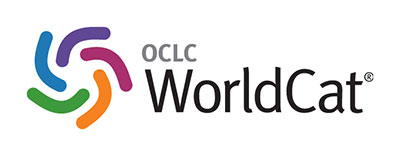USE OF CHEMICAL FERTILIZERS IN THE PROMOTION OF AGRICULTURAL PRODUCTION IN ECUADOR
DOI:
https://doi.org/10.26871/killkanatecnica.v8i1.1531Keywords:
Agricultural Development, Chemical Fertilizers, Local DevelopmentAbstract
The present study evaluates the impact of the use of chemical fertilizers on agricultural development in Ecuador, a country where agriculture plays a crucial role in both economic development and food security. Through a statistical analysis of data from the 23 Ecuadorian provinces, it explores how the intensive use of fertilizers affects agricultural productivity and the environment. The research reveals that, although chemical fertilizers increase the productivity of key crops such as potatoes and naranjilla, their excessive use causes serious soil and water pollution problems, negatively affecting biodiversity and human health. The theoretical framework reviews previous studies that highlight both the benefits and limitations of using chemical fertilizers. The methodology used includes a linear regression to examine the relationship between the use of fertilizers and agricultural development, controlling variables such as agricultural development, associativity and rurality. The results show a significant negative effect of fertilizer use on agricultural development, suggesting that dependence on these inputs can lead to a "fertilizer trap", where farmers must continue investing in fertilizers to maintain productivity, resulting in a spiral. of debt and poverty. The study concludes that, to ensure long-term agricultural development, it is crucial to adopt more sustainable practices, such as the integration of organic and chemical fertilizers, and improve the training of farmers in the proper management of these inputs. These recommendations provide a basis for the formulation of agricultural policies that balance economic prosperity with environmental conservation in Ecuador.
Downloads










